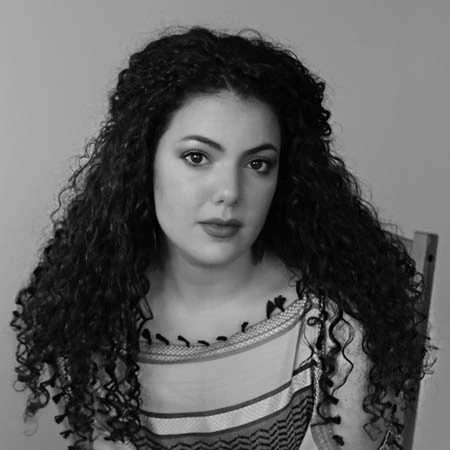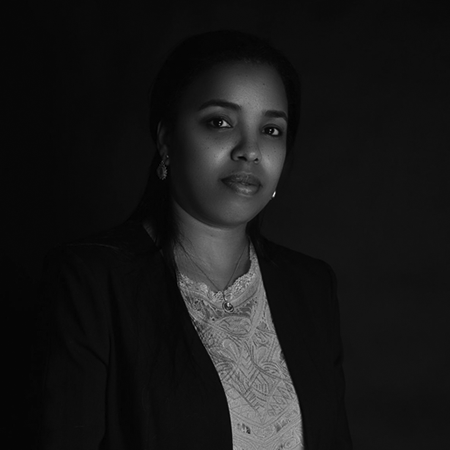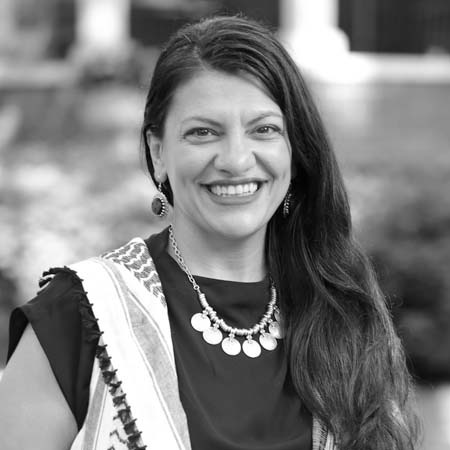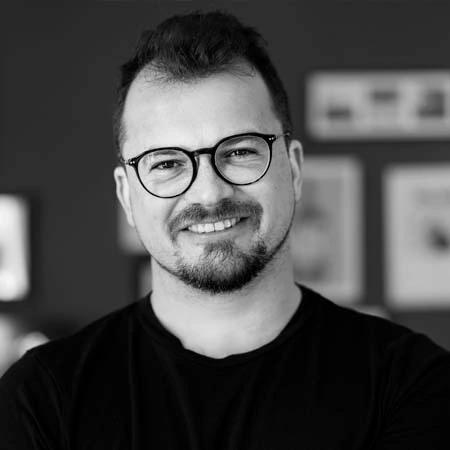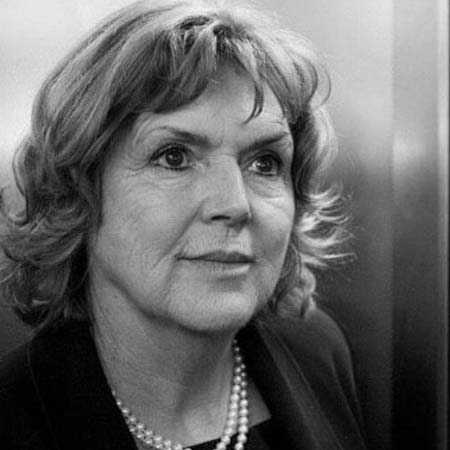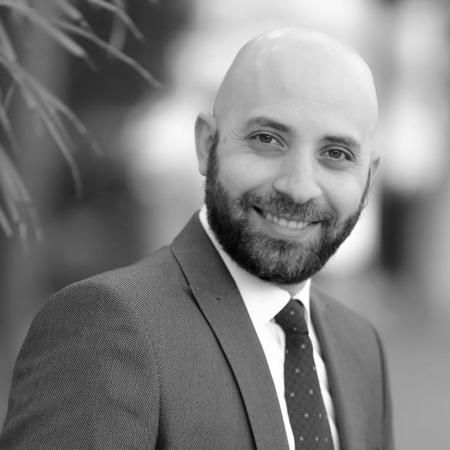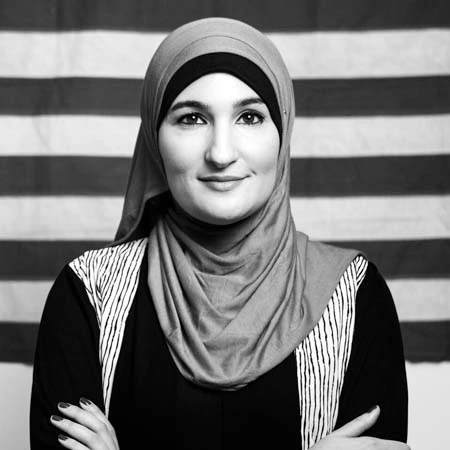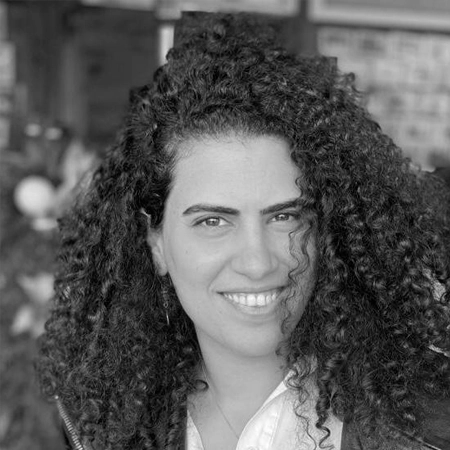For you, Sherine, the coverage continues: a talk with Shatha Hanaysha
For you, Sherine, the coverage continues: a talk with Shatha Hanaysha
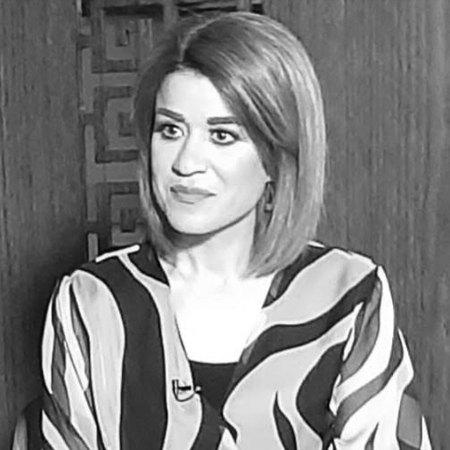
Nisreen Awwad |
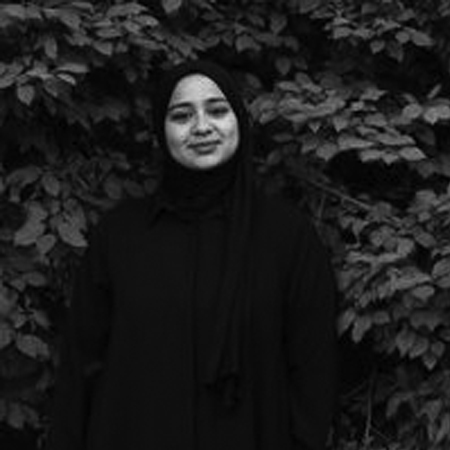
Shatha Hanaysha |
Break / Networking Session
The geopolitical changes across the region in the last decade have played a role in exposing new problems, contributing to the decline of the Palestinian cause and Palestinian rights. However, the chain of events that took place during last May in the context of repeated violations against Palestinians in East Jerusalem, particularly in the Sheikh Jarrah neighbourhood, have contributed to the repositioning of the Palestinian cause internationally. These violations were accompanied by a significant increase in Palestinian digital activities and the emergence of activists who influenced world public opinion. In fact, a number of factors helped them achieve this, such as the support of Arab and international activists, in addition to the international media coverage that responded to the pressure from Palestinian institutions around the world to transform the Palestinian narrative. Still, Palestinians faced many challenges such as the censorship of social media companies over their content, in response to the pressure exerted by the Israeli authorities on them. Therefore, in this session we will talk about the role of Palestinian activists in shifting world public opinion and in repositioning the Palestinian cause. We will also deal with the role of Arab activists and international media in May events and how we can benefit from them.
Session: How did digital activism and solidarity contribute to the repositioning of the Palestinian cause?
The geopolitical changes across the region in the last decade have played a role in exposing new problems, contributing to the decline of the Palestinian cause and Palestinian rights. However, the chain of events that took place during last May in the context of repeated violations against Palestinians in East Jerusalem, particularly in the Sheikh Jarrah neighbourhood, have contributed to the repositioning of the Palestinian cause internationally. These violations were accompanied by a significant increase in Palestinian digital activities and the emergence of activists who influenced world public opinion. In fact, a number of factors helped them achieve this, such as the support of Arab and international activists, in addition to the international media coverage that responded to the pressure from Palestinian institutions around the world to transform the Palestinian narrative. Still, Palestinians faced many challenges such as the censorship of social media companies over their content, in response to the pressure exerted by the Israeli authorities on them. Therefore, in this session we will talk about the role of Palestinian activists in shifting world public opinion and in repositioning the Palestinian cause. We will also deal with the role of Arab activists and international media in May events and how we can benefit from them.
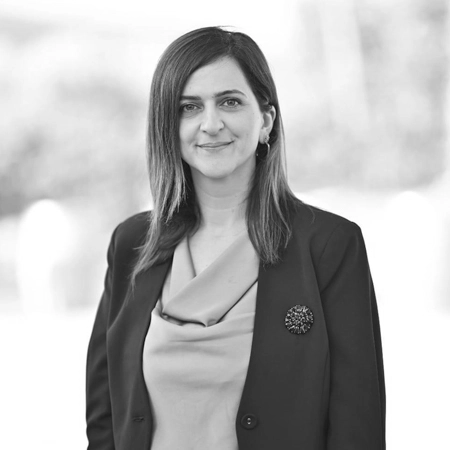
Neveen Abu Rahmoun |
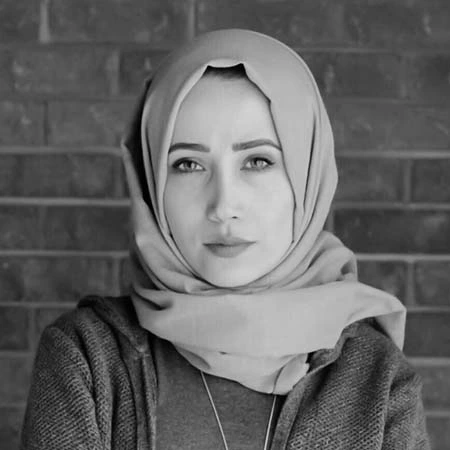
Muna Hawwa |
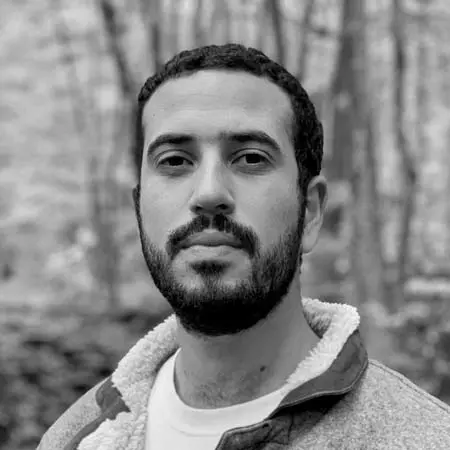
Rabea Eghbariah |

Salem Barahmeh |
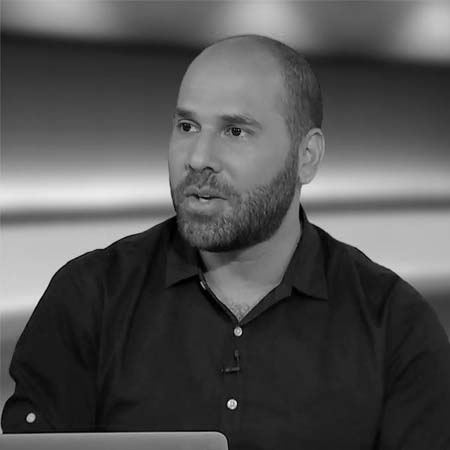
Omar Baddar |
Session: How can the dissemination of misleading information on social media affect international solidarity with human rights issues?
In general, the increased use of social media has contributed to the dissemination of misleading information; does the misleading information on social media affect international solidarity with human rights issues? This session will deal with the dangers of disseminating misleading information in times of crises and human rights violations, and its impact on activists and human rights defenders. We will also deal with the role of journalists and media institutions in combating the misleading information—in addition to discussing the importance of the steps taken by social media companies to combat the spread of misleading news. Finally, we will present the recommendations of media institutions and civil society in this regard.
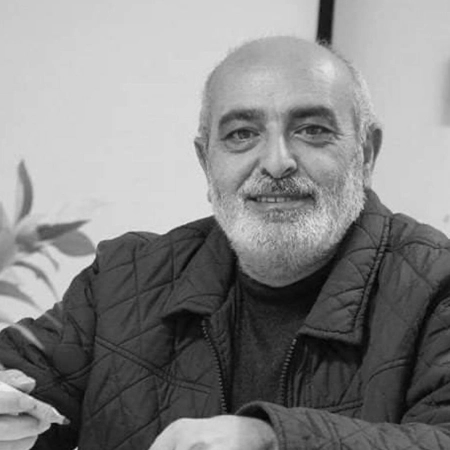
Emad Alasfar |
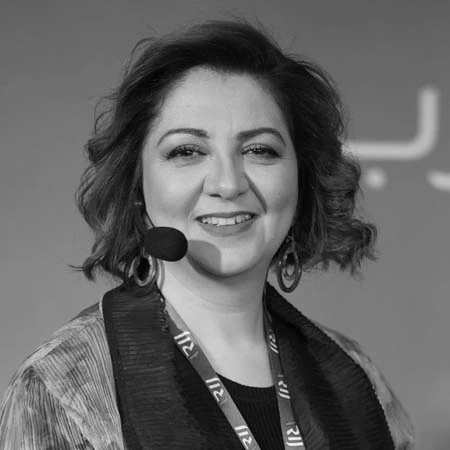
Rawan Damen |

Javier Pallero |
Workshop: Digital advocacy and digital presence of institutions
Despite the increased use of social media and digital tools, their unregulated and unsystematic use in advocacy campaigns may not leave any noticeable trace if the work is not organized around particular rules and tactics. Therefore, this workshop will present the most important strategies and digital tools that should be utilized to ensure that our voices and messages are delivered to achieve the goals of our institutions and movements.
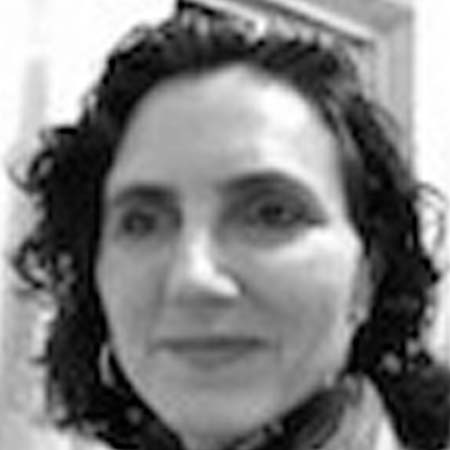
Hannah Roditi |
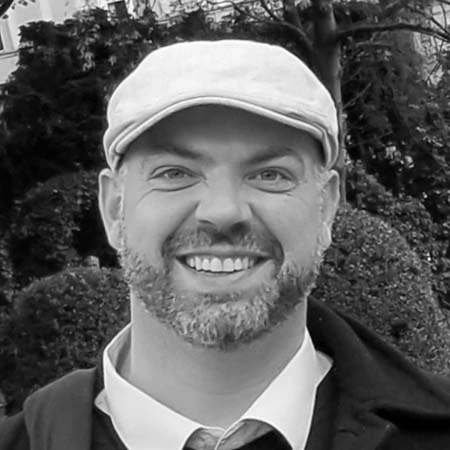
Samer Daoudi |
Session: The right to privacy in the digital age
Privacy and data protection are controversial issues in the digital age. While there are laws and regulations for data protection in some countries, they are still weak and ineffective. This resulted in increased violations of digital rights, particularly the right to privacy, given the increasing interests of technology and telecommunication companies, internet service providers and governments to collect data for profit, monitoring citizens or militarizing digital spaces; Some authorities and regimes violate their citizens’ privacy by giving security agencies the right to access their data. Moreover, the private sector and technology companies exploit the weakness/absence of regulations to sell the data without the consent or the knowledge of users to manage profitable advertisements. Thus, this session highlights the subject of privacy and data protection by giving examples about the violations in Palestine, the Arab World and Europe as models to predict the future of the right to privacy. This session will answer many questions, such as: what mechanisms do European laws use to protect users’ data and privacy? And to what extent do they provide protection? And why do these laws represent a turning point in this regard? In the Arab context, what are the laws currently available to protect users, especially human rights activists? This session will also deal with the current situation in Palestine in light of the Israeli control of telecommunications infrastructure and the violations of Palestinians’ digital rights.

Hala Marshood |
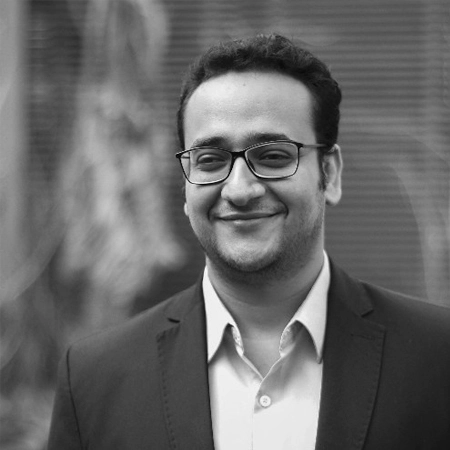
Hassan ElAzhary |

Raya Sharbain |
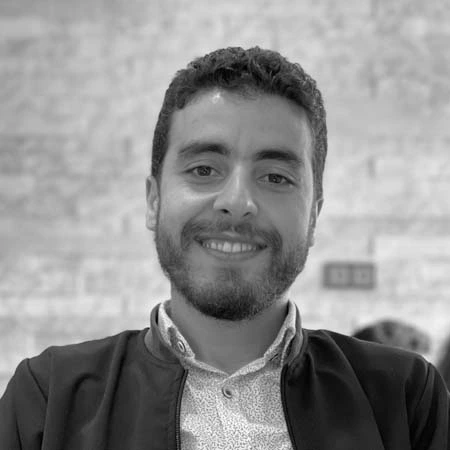
Abdelghani Achahoud |
Workshop: Using Instagram for solidarity campaigns and human rights.
Activists and human rights defenders utilize most social media applications to serve human rights issues. Instagram may be one of the most important applications utilized by activists to address solidarity, digital activism and human rights. In this workshop, we will find out the tactics that activists can use on this application to make their campaigns more widespread and more effective.
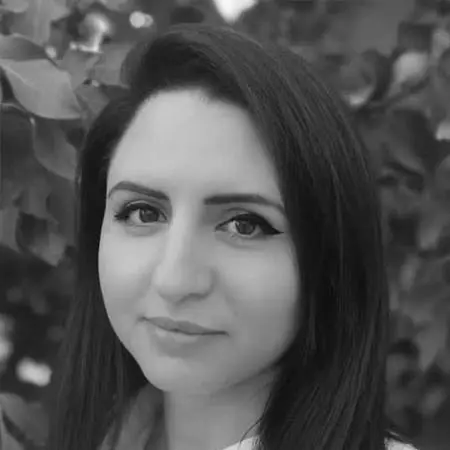
Cathrine Abuamsha |
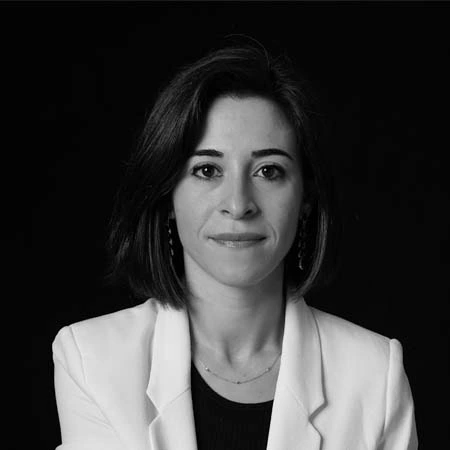
Nadia Diab-Caceres |
Inspirational Speaker: Marc Owen Jones
In this session, Mark will elaborate on his recently published book on digital authoritarianism in the Arab world. He will tackle the most important themes inthis book and how digital tools and platforms are used in some contexts to facilitate the oppression of peoples in the region.
Session: What are Facebook policies in Managing the Arab and Hebrew content on its platform?
In the wake of May events last year, the pressure on Facebook (Meta) has increased to stop its discriminatory policies against Palestinians and the advocates for Palestinian rights. Throughout the past few years, Facebook has committed several systematic violations to silence the Palestinian voices in response to the pressure exerted by the Israeli government and other political entities, while allowing the Israeli inflammatory content against Palestinians, which increases the Israeli violations against Palestinians on the ground. As a result, Facebook Oversight Board has recommended to conduct a comprehensive and independent examination of content management in Arabic and Hebrew. In this session, following Facebook’s approval of this recommendation, we will have a discussion with some representatives of Facebook to know more about this examination and the efforts to eliminate the digital discrimination against Palestinians.
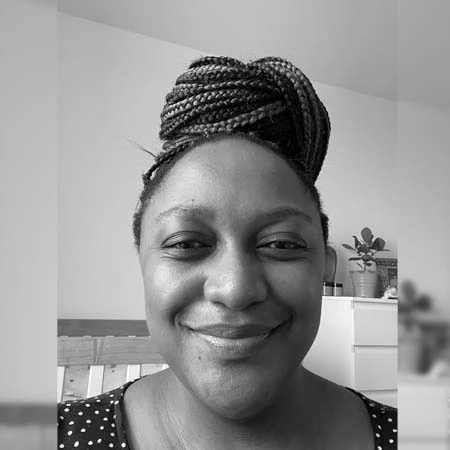
Mazuba Haanyama |
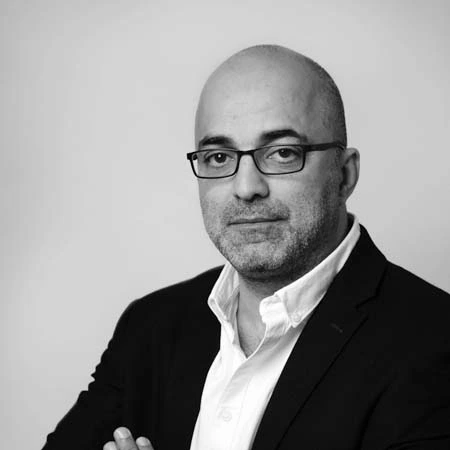
Nadim Nashif |

Richard Lappin |
Session: How does digital advocacy contribute to changing the policies of technology companies?
Social media users, notably those who belong to minorities and marginalised communities, are subject to digital discriminatory policies, which affects the results of the investigations into human rights violations that they publish via online media applications. Therefore, we will discuss in this session how the repressive policies of social media companies affect the content and narratives of people in Palestine, Colombia and Kashmir. We will also discuss how digital rights advocates in these countries view the impact of digital solidarity campaigns and international media coverage on the policies of technology companies. This session will highlight many factors that contribute to increasing the influence of coordinating the work of solidarity movements and digital rights institutions to change social media policies that discriminate against the colonized people.
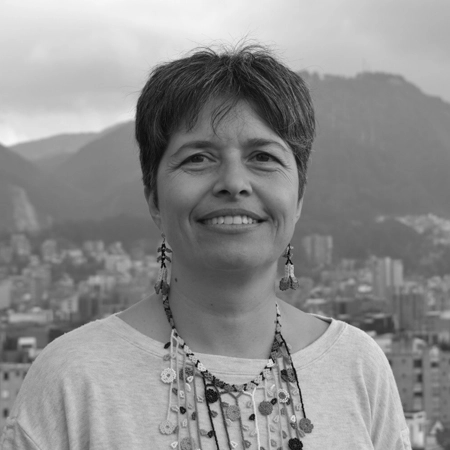
Carolina Cabrera |

Mona Shtaya |

Ifat Gazia |

Rima Sghaier |
Workshop: How to move from digital reaction to digital mobilization and organization for sustainable justice?
Activists usually mobilize and organize themselves continually in digital spaces, particularly in times of crises and human rights violations. In this workshop, we will talk about how to move from spontaneous digital reaction to a more organized and institutionalized work in digital spaces to reach more effective campaigns and achieve sustainable justice.

Angus Wong |

Line Khateeb |
Session: How Content Management on Social Media Platforms Impacts Solidarity in the Digital Age
Social media users are directly affected by technology companies’ content management. This session hosts a group of speakers to discuss how content management mistakes by technology companies affect digital solidarity, and the role of digital content and online movies in spreading the Palestinian narrative and combating the Israeli efforts to create a particular stereotype about Palestinians. Finally, they will discuss the role of activists in coordinating the efforts of exerting pressure on electronic platforms to prevent them from restricting content and spreading stereotypes about minorities and indigenous people.
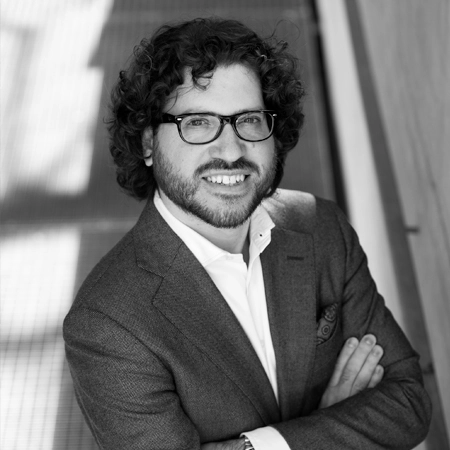
Alaa Tartir |
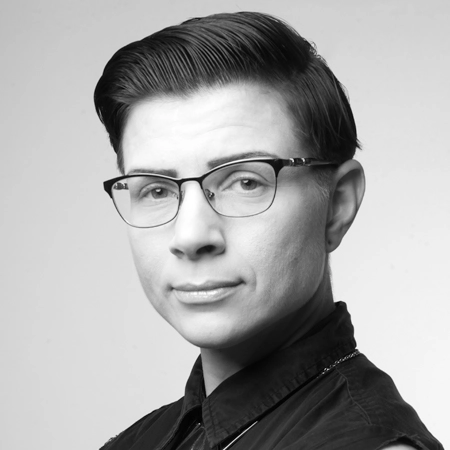
Dia Kayyali |

Andrea Medrado |

Nadim Nashif |
Session: Mass surveillance technologies
In the last decade, the use of mass surveillance against citizens has increased, normally under the pretext of providing security and protection along with many other justifications made by capitalist companies and repressive regimes. Surveillance technologies take many forms such as facial recognition, flying cameras and thermal imaging. In Palestine, the context is a bit different because of the awareness of Palestinians of these technologies, which Israel uses to militarize digital space and control all aspects of life in Palestine. Israel even tests these techniques on Palestinians before selling them to other repressive regimes. In this session, we will focus on how to take advantage of surveillance techniques, and the intersectional struggle in the world to combat violations of privacy. We will also deal with the impact of international campaigns on the prevention of using mass surveillance technologies. Finally, we will shed light on how mass surveillance technologies affect people’s behavior (trust, social conduct, activity) and how they reinforce policies of racial discrimination against minorities.
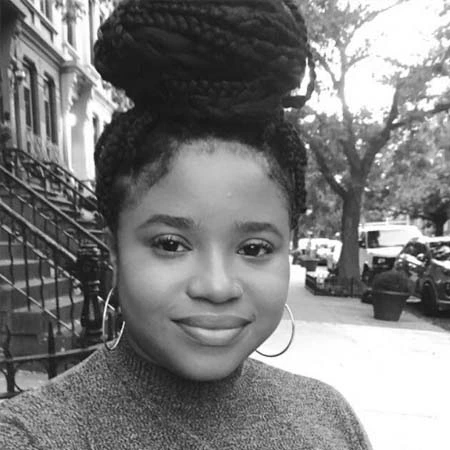
Myaisha Hayes |
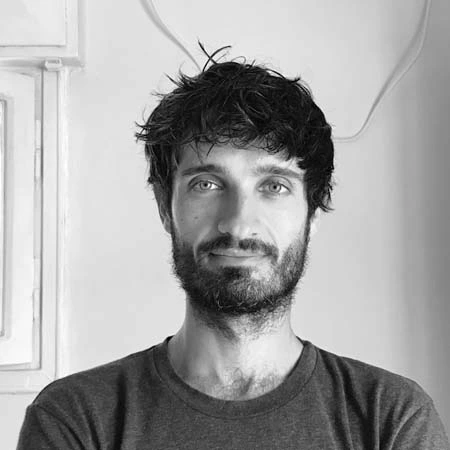
Jonathan Hempel |
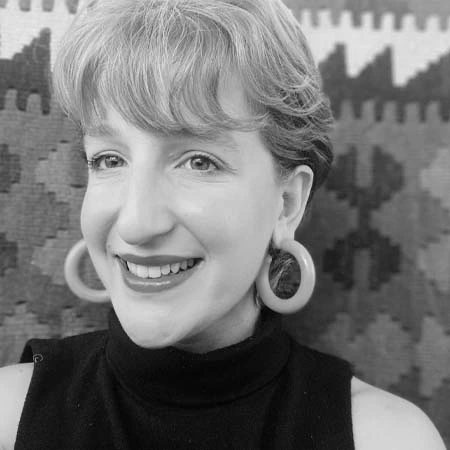
Dani Noble |
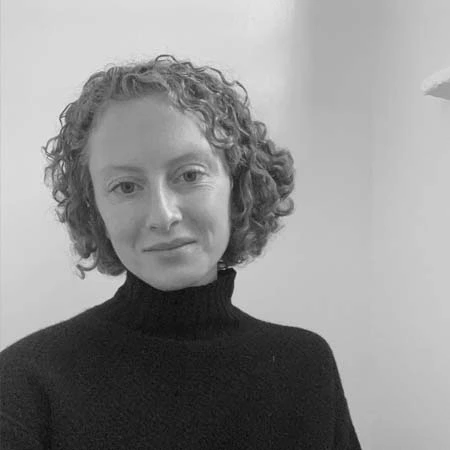
Sophia Goodfriend |
Q&A Session with the Director of the Oversight Board Administration
The Facebook Oversight Board recently took a set of decisions regarding Palestinian content, including examining a post that Facebook had removed from the platform. Following an investigation, the Facebook Oversight Board decided to reinstate this post. However, the Content Oversight Board recommended conducting a comprehensive and independent examination of content management policies in both Arabic and Hebrew. This session will delve into the working mechanisms of the Facebook Oversight Board and how the efforts of civil society at the local, regional and international levels can be integrated with the efforts of the Facebook Oversight Board to ensure that Metaverse complies with international human rights standards in this regard.

Thomas Hughes |

Mona Shtaya |
Session: Internet access between reality and aspirations
The right to access the Internet is one of the basic guaranteed digital rights. However, Palestinians face permanent problems accessing the Internet due to the control of Israeli authorities over the ICT infrastructure and its discriminatory policies that deprive malefemale Palestinians of this right. While Israelis have access to5G Internet, Palestinians in the West Bank only have access to 3G and Palestinians in the Gaza Strip only have access to 2G. In addition t Palestinian communities still suffer from discrimination with regards to Internet infrastructure, which affects the quality and speed of Internet they can access. Speakers in this session will highlight the gap of Palestinian Internet access, the discrimination they suffer, and the consequences thereof.

Hussein Hammad |

Suhad Bishara |
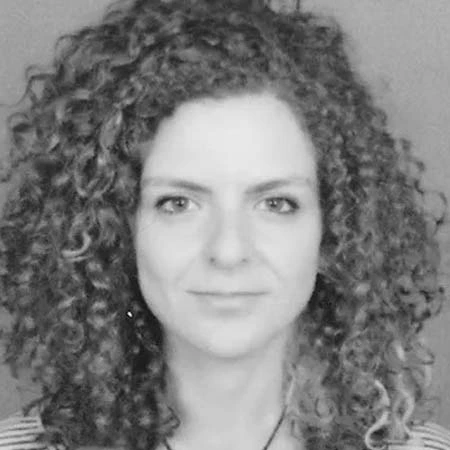
Diana Alzeer |
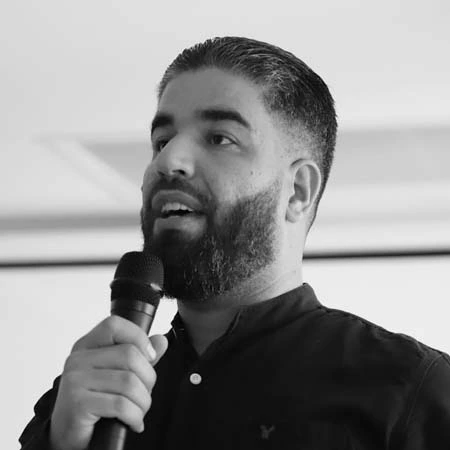
Hussein Shejaeya |
Lightning talk: Exploring Arab Stances on Twitter toward the Palestinian Cause during Sheikh Jarrah Escalation
The speaker will review a study she conducted by collecting, exploring, and categorizing Arab stances that were published on Twitter during the period of Israeli aggression against Palestinians in East Jerusalem / the Sheikh Jarrah neighborhood and the Gaza Strip last May, specifically between May 7 and 19 May.
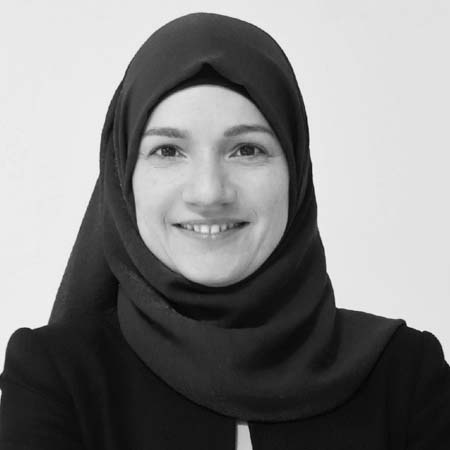
Hala Mulki |

Seher Bulut |
Q & A: Occupation and Metaverse
Although there is no single view of what metaverse is, a common slogan that is heard in technical conversations about it is that “metaverse is for everyone.” This refers to the idea that, like the Internet, no single company will control metaverse, and users will have access to different digital worlds. Such claims ignore the specific ways in which technologies become intertwined and constrained by local geopolitics and digital divides, or are unevenly recruited to serve political agendas. In Palestine, due to the entrenchment of the digital occupation and Israeli control over the ICT infrastructure, metaverse also introduces new forms of virtual exclusion and digital erasure of Palestinians.

Ameera Kawash |
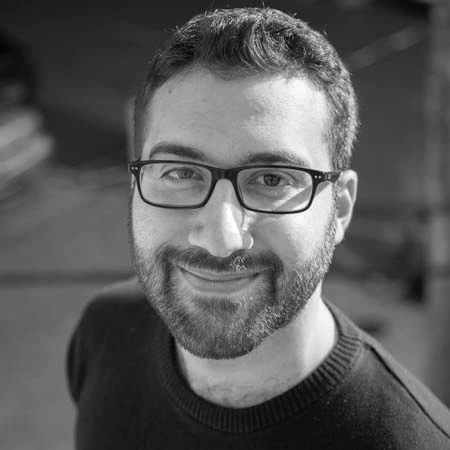
Amjad Iraqi |
Inspirational Speaker: Mary Lowler - UN Special Rapporteur on the situation of human rights defenders
UN Special Rapporteur on the situation of human rights defenders
Session: How did alternative media contribute to supporting digital activism and solidarity in the Arab World?
Alternative media platforms played a role in increasing creativity in journalism and have created a wider space for critical thinking in the face of persistent restrictions on media and press freedoms. The alternative media seek new methods and spaces in which the rigor of journalistic work intersects with utilizing digital tools and creative writing methods. This session highlights notable experiences of Palestinian and Arab media institutions that follow alternative media productions. We will also have a discussion about the challenges and opportunities created by the use of digital spaces to serve journalism.
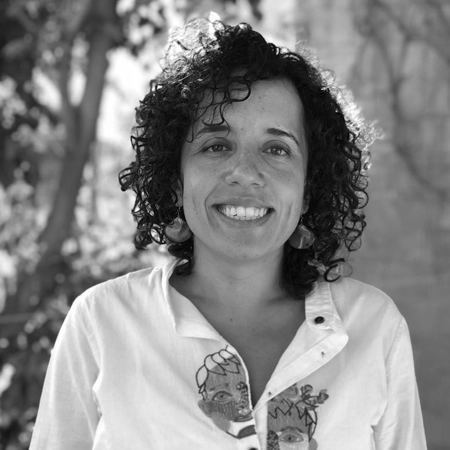
Reem Almasri |
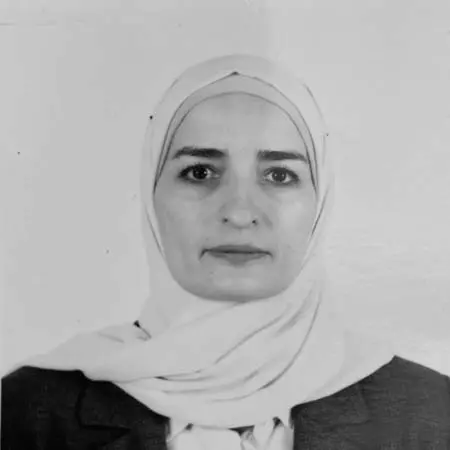
Hanadi Dwikat |

Mohamed Hamama |
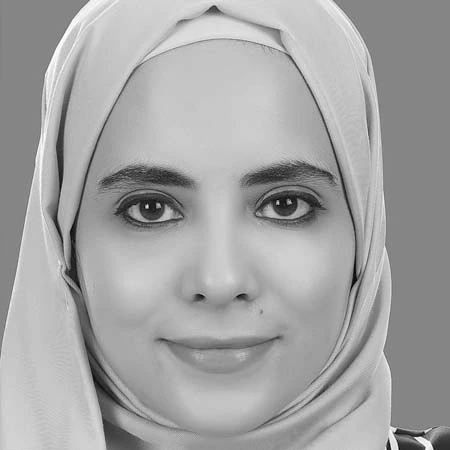
Jumana Ghanem |
Talk: Why free knowledge is a human right: how Wikipedia is advancing human rights and access to knowledge
This workshop will provide space to talk about Wikipedia as an open and free website and its importance in digital activism and solidarity. The workshop also answers the questions of activists and content creators about publishing and modifying content on this site. The executive director of Wikipedia will also highlight the most important content management policies and how they affect content creators in Palestine in the present situation.
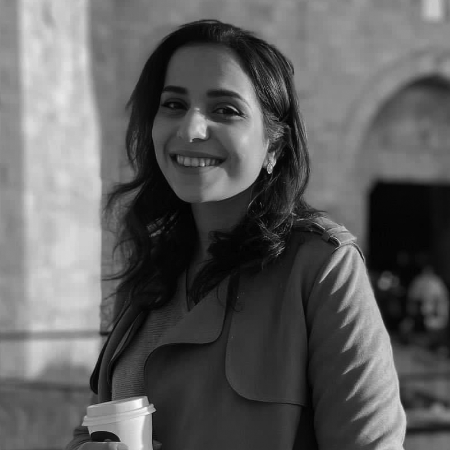
Zainah El-Haroun |
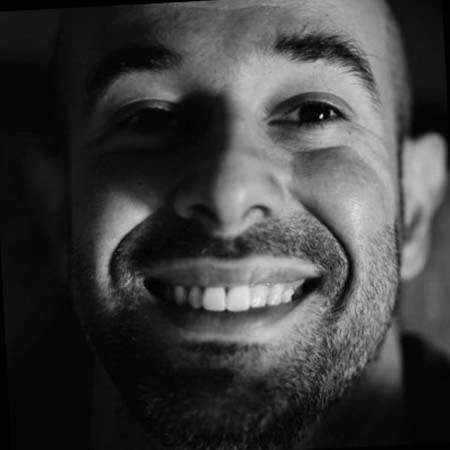
Cameran Ashraf |
Session: The use of surveillance technologies against activists and human rights defenders
This session highlights the threats posed by surveillance and espionage technologies, particularly Pegasus spyware, against activists and human rights defenders. Many governments and repressive regimes increased their use of Pegasus spyware against activists, journalists and opponents. The speakers will address many aspects, starting with a review of the sides that have worked extensively this past year on developing Pegasus spyware and its impact on self-censorship and limiting digital rights.
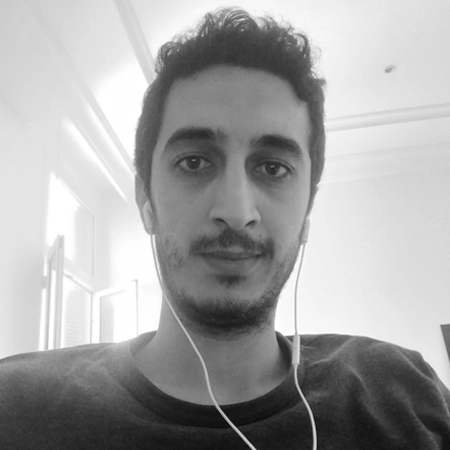
Raed Labassi |
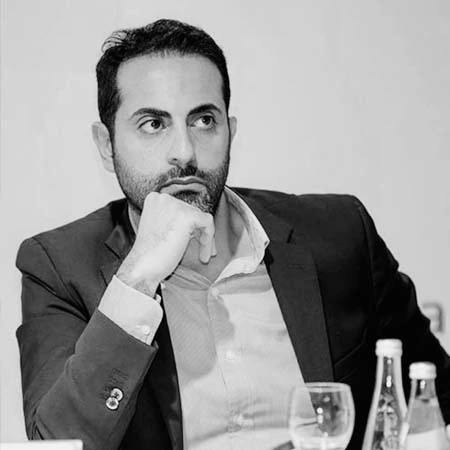
Alaa Mahajna |

Luis Fernando |
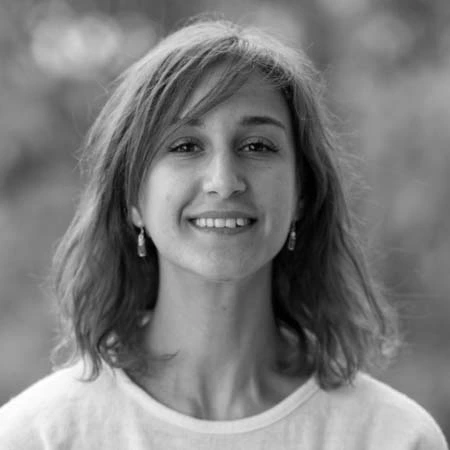
Mariam Barghouti |
Session: Economic Deplatforming. Digital economic discrimination against Palestinians
Palestinians are deprived of basic rights in digital spaces; they do not have access to financial platforms like everyone else around the world, which largely affects the creation of new opportunities and spaces for work. Therefore, freelancers are increasingly constrained in their attempts to seek jobs at international companies and organizations. In addition, digital economic discrimination constrained financial assistance transfers to victims of Israeli aggression against Gaza last May. This discrimination limits Palestinians’ opportunities to receive financial assistance from institutions and individuals that stand in solidarity with Palestine.
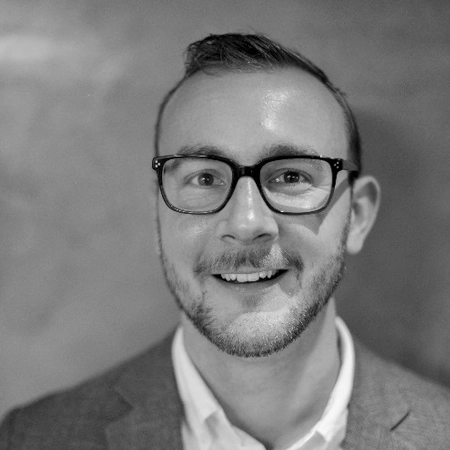
Eric Sype |
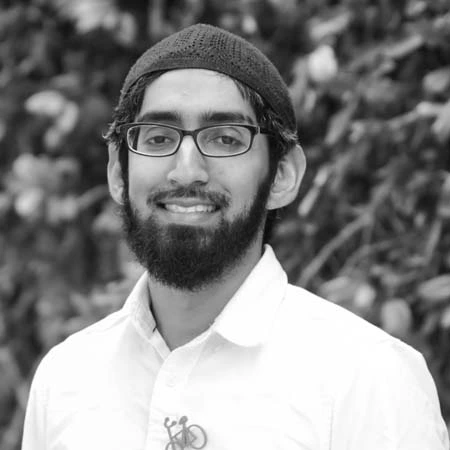
Ishraq Ali |
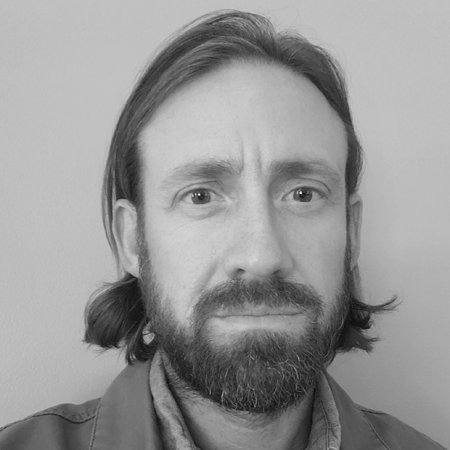
Richard M Stazinski |

Lama Amr |
Workshop: How to verify misleading news (possibly linked to deepfake)? Combating misleading content on social media
Modern technologies and social media created opportunities to spread misleading news which some authorities and entities use to disturb public order and divide people. Therefore, it is important to increase awareness-rising efforts and to combat it through modern technologies, which can be used to design and spread misleading news and content that can be very similar to reality and highly convincing to social media audiences (deepfake). This workshop will highlight various misleading content, particularly that with visual and audio clips and images designed to mislead public opinion.
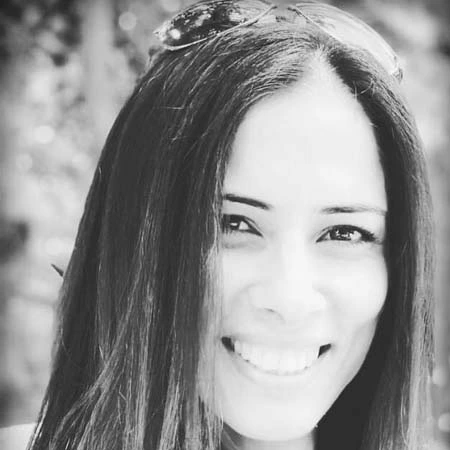
Maisoon zoabi |
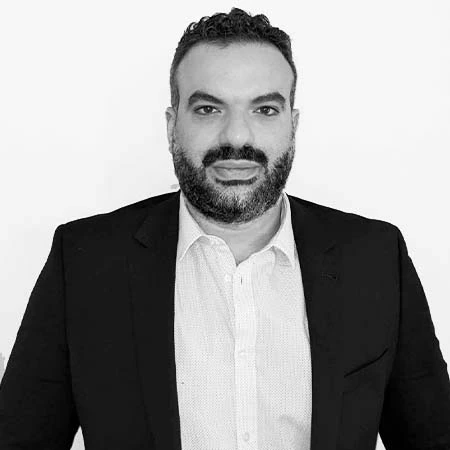
Mahmoud Elmasry |
Session: Digital rights from a feminist perspective. How to create a secure digital space for women?
Social media allows users to disseminate stereotypes about women and allow them to commit gender-based violence online. For example, women are subject to blackmail and negative memes, images and videos in digital spaces. As a result, they very often find digital spaces dangerous and uncomfortable to navigate. Hamleh center previously published research done by “mo’annafeh* network” which concluded that one third of Palestinian female youth are subject to violence and harassment on internet and social media, and also that one out of every four women deletes their accounts as a result of violence and harassment. Therefore, this session will explore secure digital spaces from a feminist perspective. *mo’annafeh can be translated as “female victims of violence”.
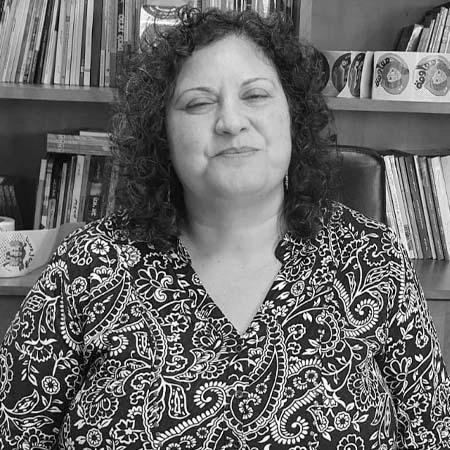
Lamia Naamnih |
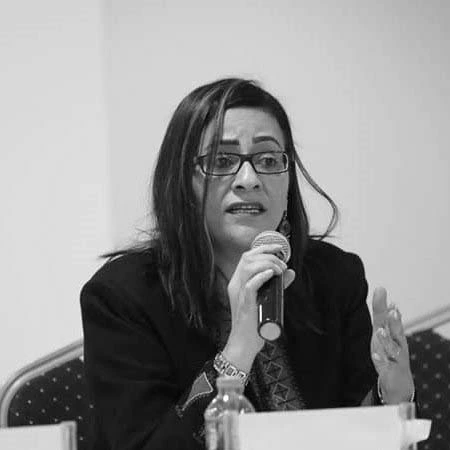
Wafa’ Abdel Rahman |
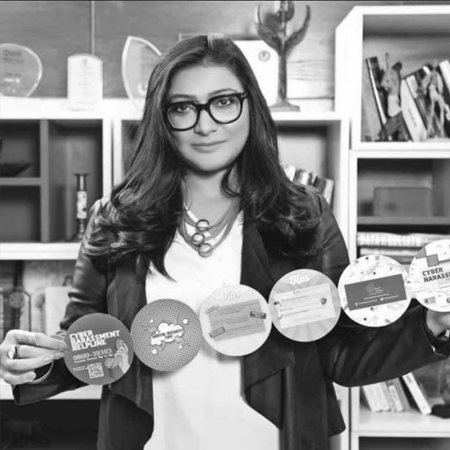
Nighat Dad |

Marwa Azelmat |
Lightning talk: Using memes as effective tool in campaigns
Social media enabled the appearance of meme culture, which content makers try to utilize to deliver interesting messages. In fact, campaigners utilize memes to serve issues, raise awareness and to exercise pressure to change policies in the long term. Therefore, this workshop will help us understand how to use memes to serve our campaigns.
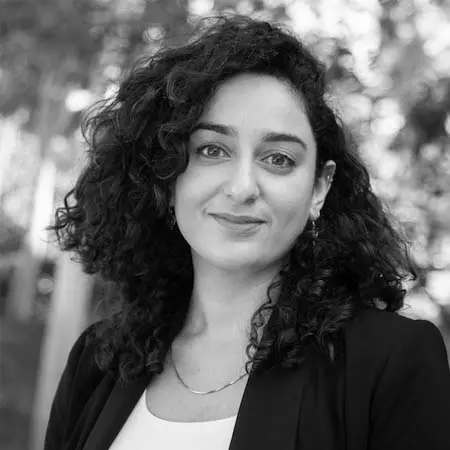
Sulafa Zidani |

An Xiao Mina |
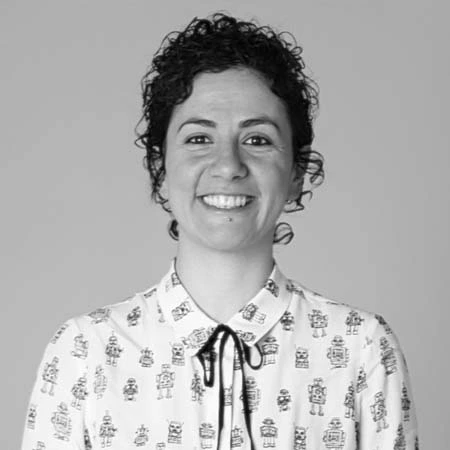
Dima Saber |
Q & A: Short talk with Muna Al-Kurd
Q & A: Short talk with Muna Al-Kurd
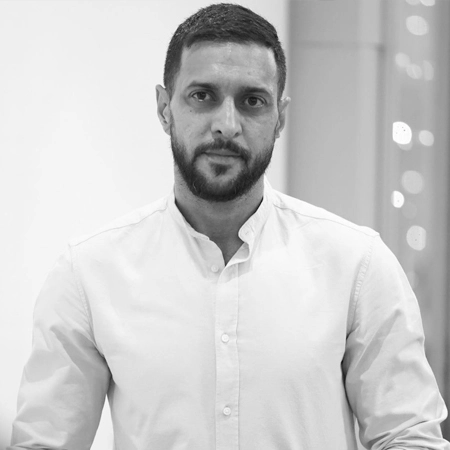
Mustafa Qablawi |
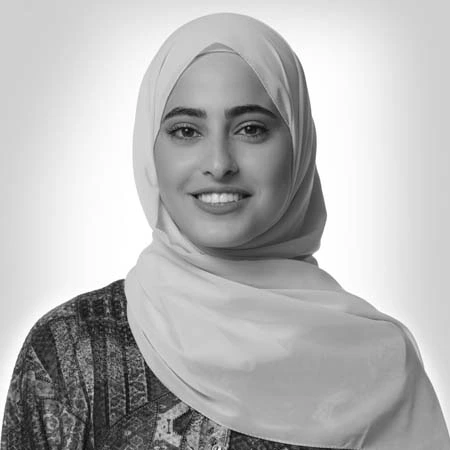
Muna El Kurd |
Workshop: Digital security for activists during protests
In protests, we very often witness arrests and repressive practices by authorities, which constitute violations of the freedom of protesters. Such practices are not limited to arrests but also include violation of the right to privacy. The authorities very often confiscate the protestors’ phones and devices used to document human rights violations; They have gone so far as to view personal images and correspondence. In this workshop, we will look at the practices and steps protesters should take to protect themselves as well as their privacy and their right to protest.
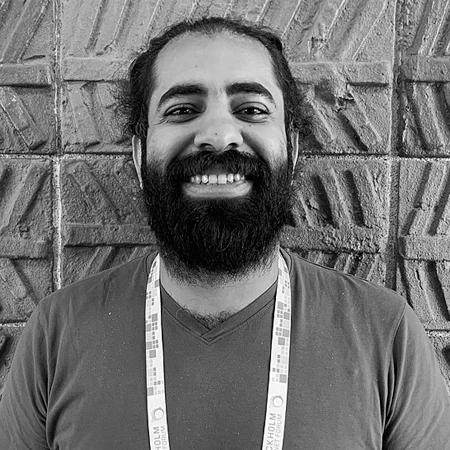
Mohammed Al-maskati |
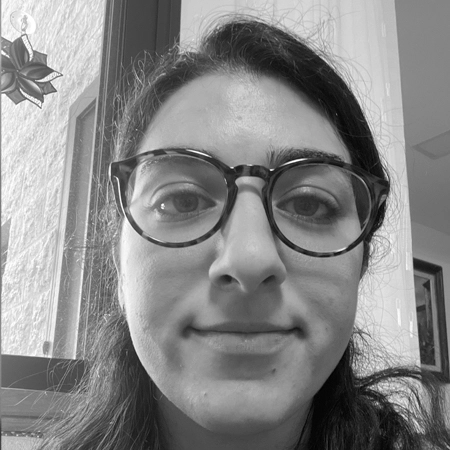
Yasmin Ayyad |
Workshop: How to monitor and document violations of digital rights?
In this workshop, the speakers will deal with the mechanisms of monitoring and documenting violations of digital rights, whether they are committed by technology companies or governments. The speakers will also highlight the challenges they face while doing their job.

Mahmoud Elmasry |
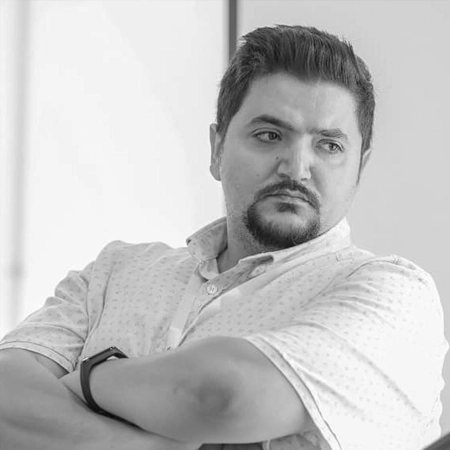
Abed Kataya |
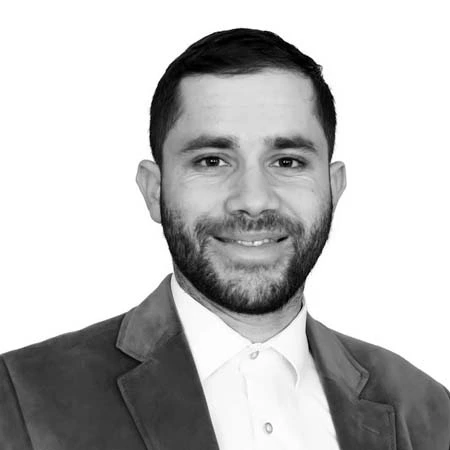
Ahmad Qadi |
Mohamed Chennoufi |
Workshop: Experience of Digital Rights Ambassadors in the Palestinian universities
7amleh previously launched a report stating the lack of online political participation of the Palestinian youth due to their fear of being monitored and the challenges of digital spaces. To rectify this issue, , over the last few months 7amleh trained a group of digital rights ambassadors. This training program consisted of a group of Palestinian university students. After completing the training, the students launched 3 digital campaigns to raise awareness and enhance the space for defending Palestinian digital rights. In this session, the youth speak about their experiences, the nature of the campaigns they launched and worked on, and how they enhanced their online participation. Mr. Said Abu Mualla, who took part in the training project, will participate in this session to talk about the reality of privacy on TikTok and the role of students as university ambassadors to raise awareness on this topic. Moreover, Mr. Thaer from Al-Quds University talks about the importance of transferring such experiences to their universities to address students’ needs, particularly media students.

Ahmad Qadi |

Asmahan Mohammad Abriham Hamdan |

Dima Hashima Abubaker |

Iman Ismail |
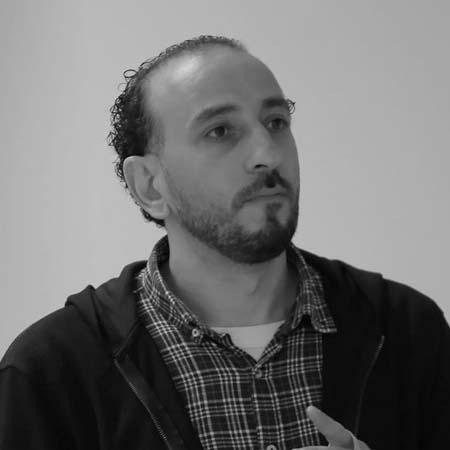
Said Abumualla |
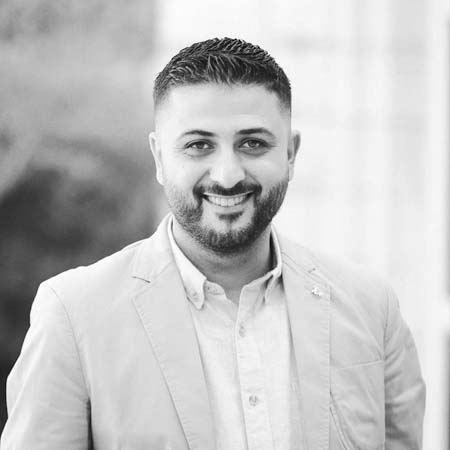
Thaer Nassar |
Workshop: Digital security for institutions
Because of the increasing dependence of institutions on digital spaces, particularly during the COVID-19 pandemic which necessitates distance working, and the increasing restrictions on civil society institutions and using espionage technologies on their employees, digital security has become sensitive. Therefore, we will deal with various subjects associated with digital security for institutions and their employees and highlight the best practices to strengthen the internal digital security of institutions.

Ed Geraghty |
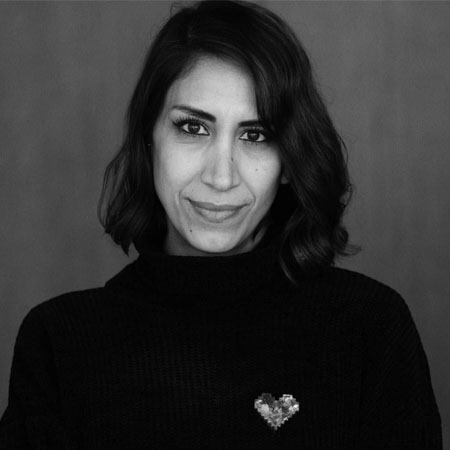
Marwa Hanna |
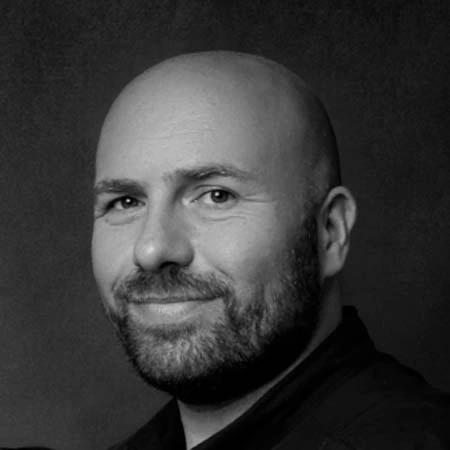
Hanna Qreitem |
Workshop: Digital Diplomacy in Palestine: Reality, Opportunities and Challenges
Digital Diplomacy in Palestine: Reality, Opportunities and Challenges

Zaid Amali |

Akram Al- Jariri |

Mahdi Kurzum |
Workshop: Photography for mobilization and organization
The photographer Mohamed Badarneh will participate in this workshop. He will share his experiences with photography as a tool for mobilization, organization, and documentation on social media.He will share summaries of his career highlights as well as the most important tools and tips that should be followed when using photography as a tool for mobilizing and documenting human rights issues. He will also address the best activists’ practices when documenting the protests and human rights violations on the ground.

Mohamed Badarne |

Anas Abudaabes |
Workshop: Podcasts as a tool for mobilization and organization
The use of podcasts as a form of digital content has been increasing dramatically lately. Therefore, we will find out in this workshop how to use a podcast as a tool for mobilization and organization, particularly in times of escalating human rights violations, to tell human stories.
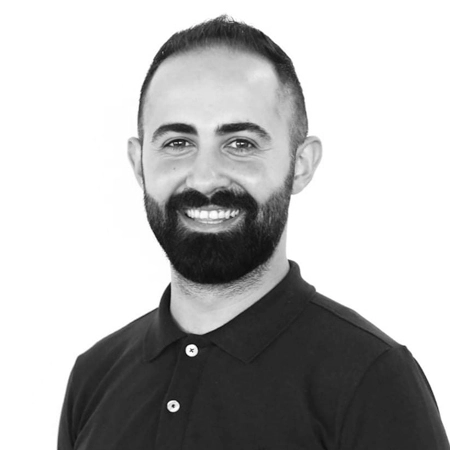
Mohammad Badarneh |
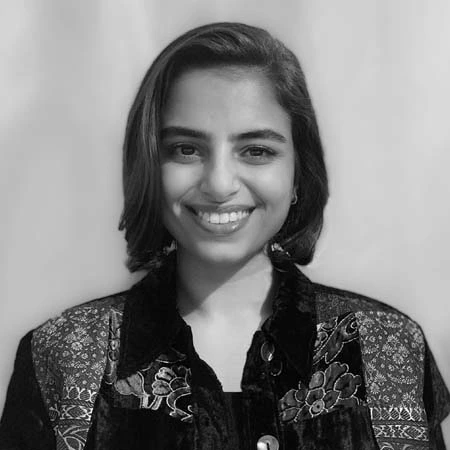
Maram Alnabali |
Workshop: How to build a solidarity community on Facebook?
The activists usually use Facebook for mobilization and organization. Therefore, this workshop will focus on the groups that use Facebook for mobilizing and organizing themselves to build an integrated community to facilitate their participation in digital activities during the campaigns. This workshop will also deal with the idea of the continuity of community building on Facebook, which may make digital work more sustainable and therefore more effective over the long term.
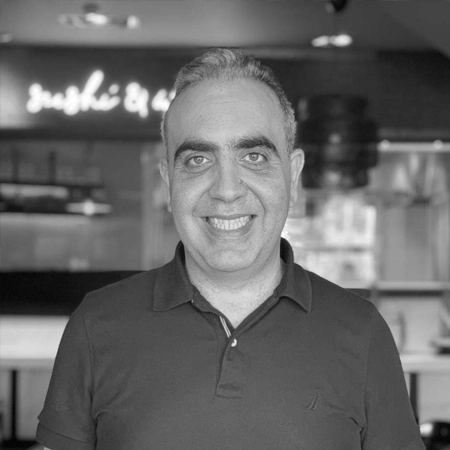
Eyad Barghuthy |
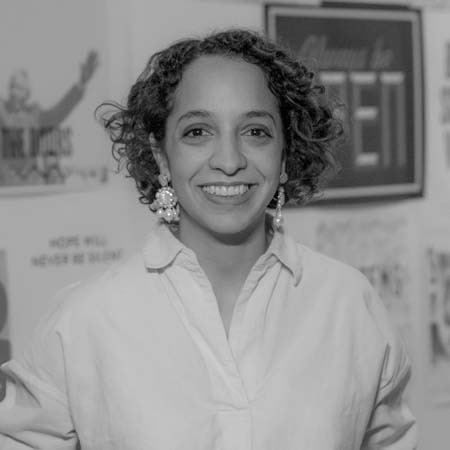
Sarah ElAshmawy |
Workshop: How to organize a digital event?
In the wake of the COVID-19 pandemic, many of the events that used to be organized annually were canceled given the safety and health procedures and the successive closures. Thus, the need for alternative digital means that allows these events to take place has become urgent. Organizing digital events is different from traditional ones. Therefore, organizing a digital event requires transforming the previous production and organizational experiences and investing and employing them in the digital space. Three speakers will participate in this workshop to share their experiences in organizing and producing digital events. They will also provide recommendations for setting up a successful digital event.

Nikki Gladstone |

Aroob Hamed |
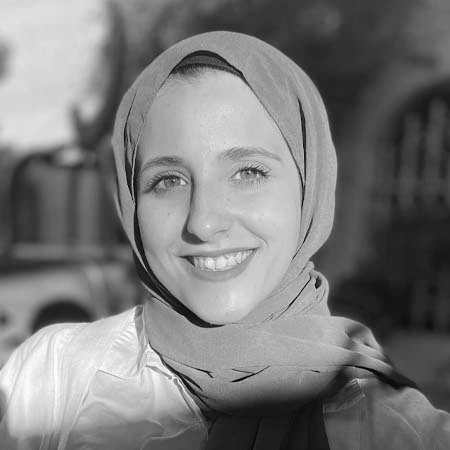
Munya Thaher |
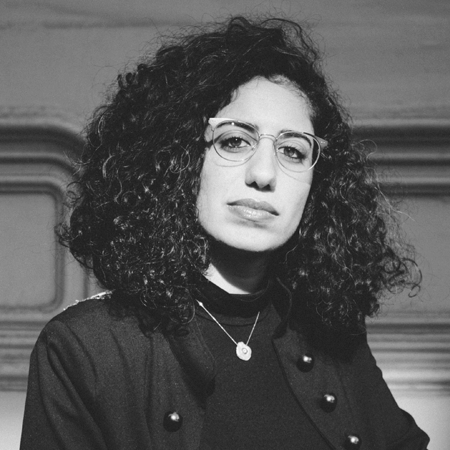
Zeina Abi Assy |
Workshop: Using WhatsApp as a tool for digital mobilization and organization
Activists and organizers use instant messaging applications extensively in times of documented attacks and crises to mobilize and organize political and human rights activities. WhatsApp is considered one of the most popular applications amongst the protesters and activists. This workshop highlights the features of this application, and how to use it to mobilize solidarity and organize the activities. It will also address the steps necessary to ensure the security of the application users.
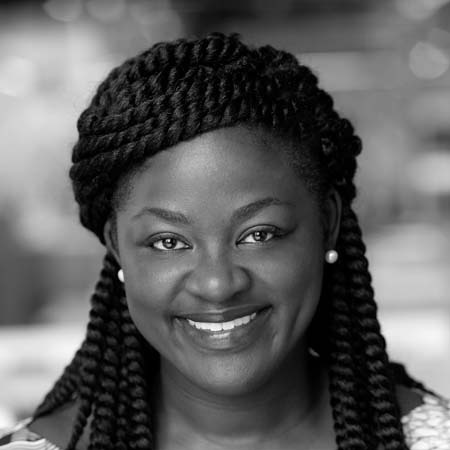
Akua Gyekye |

Noor Biadsee |

Omar Nazzal |
Workshop: Data Storytelling for Organizing and Mobilization
Although there is increased use and spread of social media platforms and digital tools, their unregulated and unsystematic use in community mobilization and organization may fragment and weaken the efforts, and may also not leave any noticeable trace if the work is not organized based on special rules and tactics. Data visualization is considered one of the most important tools that should be used during crises and campaigns for mobilization, organization, and documentation. Therefore, this workshop aims to equip the participants with the most important tools to visualize their data in the reports and statistics monitored by activists and workers in civil society.
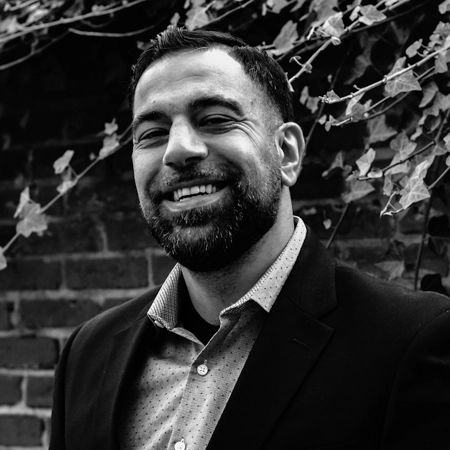
Ahmad Abuznaid |

Jessica Anderson |

Nasreen Abd Elal |
Workshop: Clubhouse as a tool for Mobilization and Organization
The Palestine Forum for Digital Activism hosts speakers from Club House application to talk about the possibilities of utilizing it as a space for dialogue and discussion for mobilization and organization. This platform relies on speaking and listening, where the chat rooms have very often become platforms that bring together many international, Arab, and Palestinian activists to mobilize and organize themselves for the causes of freedom and justice.
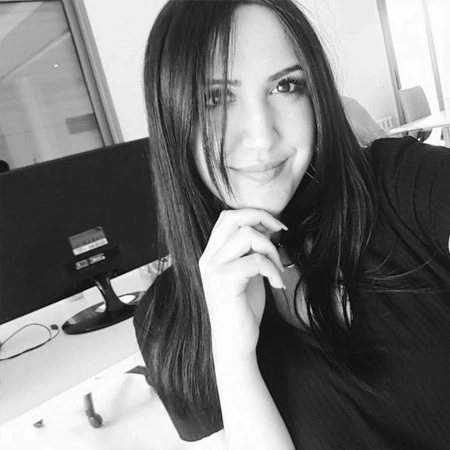
Dima Samaro |
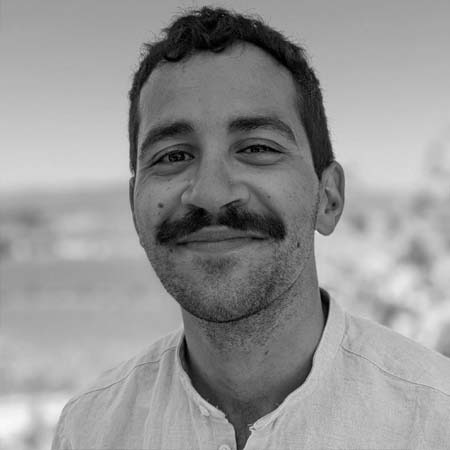
Amre Metwally |

Jessica Mason |
Best Digital Activisim Award
This session hosts speakers from Palestine and the Arab World to talk about hate speech in the Arab World, different forms of hate speech against users in the Arab World on social media, focusing on some hate speech types such as sectarian or political hate speech, or hate speech against women. They will also address means to combat online hate speech and the most important mechanisms women, minorities and political movements adopt in the Arab World to resist hate speech against them on social media.
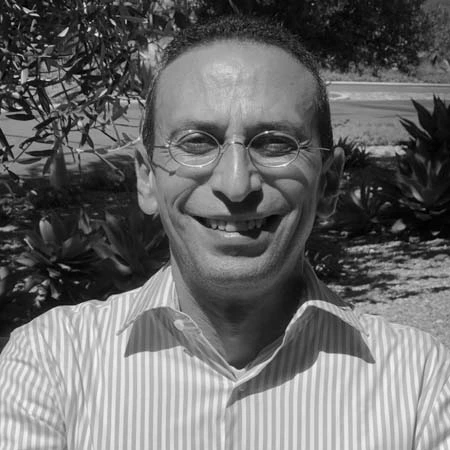
Hany El-Saidany |
Session: Hate speech on social media in the Arab world and Internationally
This session hosts female speakers from Palestine and the Arab World to talk about hate speech in the Arab World, different forms of hate speech against users in the Arab World on social media, focusing on some hate speech types such as sectarian or political hate speech, or hate speech against women. They will also address means to combat online hate speech and the most important mechanisms women, minorities and political movements adopt in the Arab World to resist hate speech against them on social media.
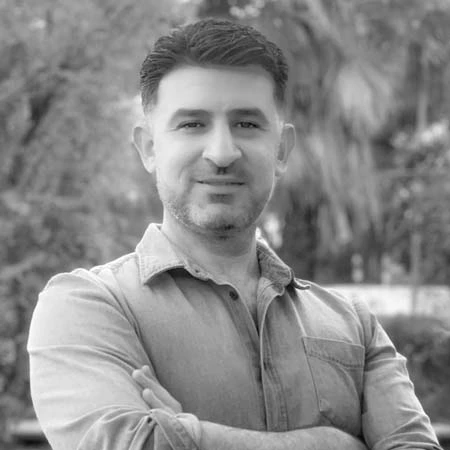
Mohammed Abdullah Ali |
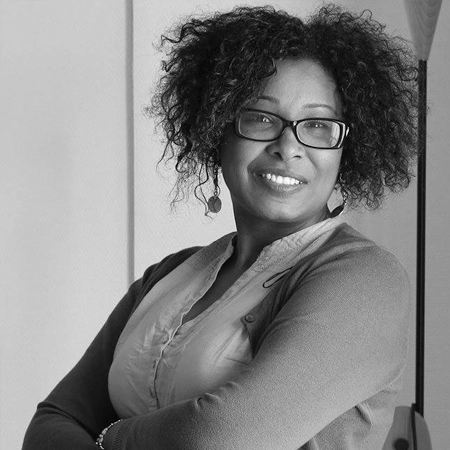
Maha Abdelhamid |
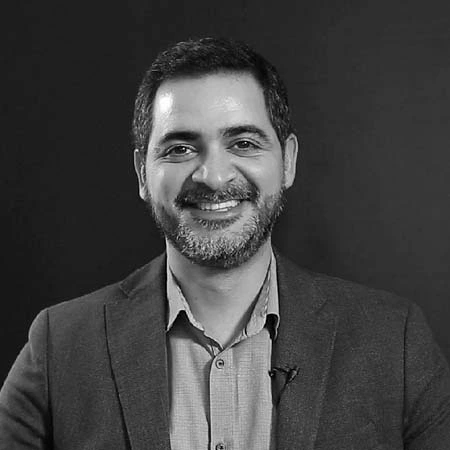
Ayman Mhanna |
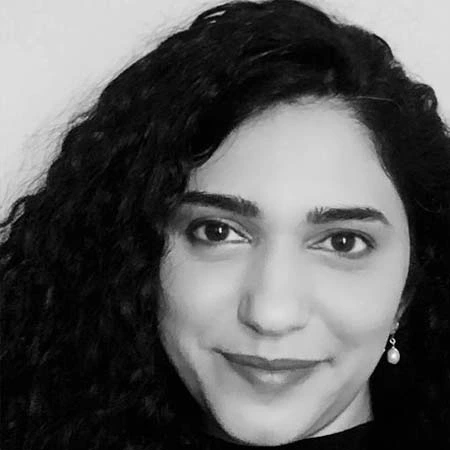
Nijmeh Ali |
Session: Connected Palestinian youth
The complex political conditions under which the Palestinian people live have led to their fragmentation in all their places of existence. The Israeli occupation control and the political division between the West Bank and the Gaza Strip led to deepening the rift between the Palestinians—including the refugees whether they were in Palestine, the Arab world, or in the rest of the world. This weakened the communication process between them and caused the absence of a Palestinian vision about the Palestine that we aim for. Therefore, this session aims to host groups of Palestinian youth from most of their places of existence to talk about the role of social media in increasing the communication between them and how this may influence their coordination of efforts to build solidarity movements with people of different nationalities. The participants will highlight the main challenges they face.

Farah Koutteineh |
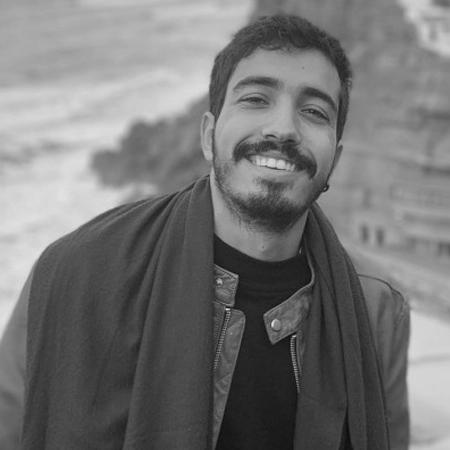
Rami Rmeileh |
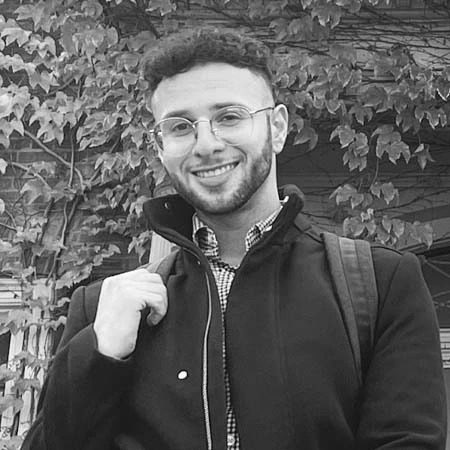
Samer Hassan |
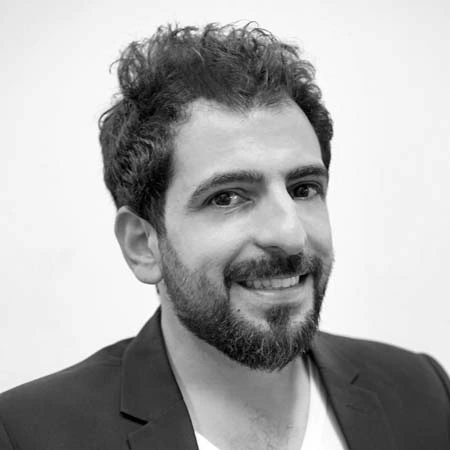
Tarek Bakri |
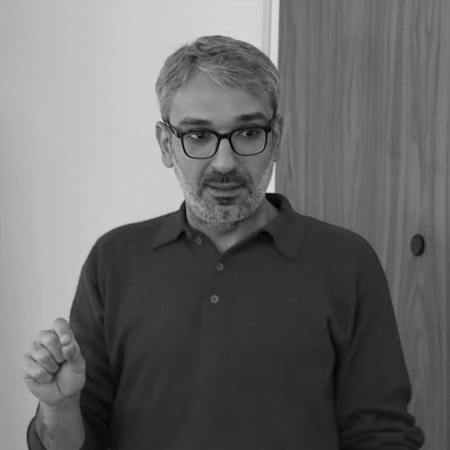
Mahmoud Alafranji |
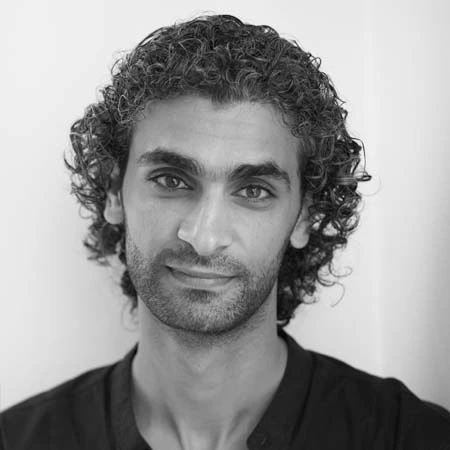
Qassem Massri |

